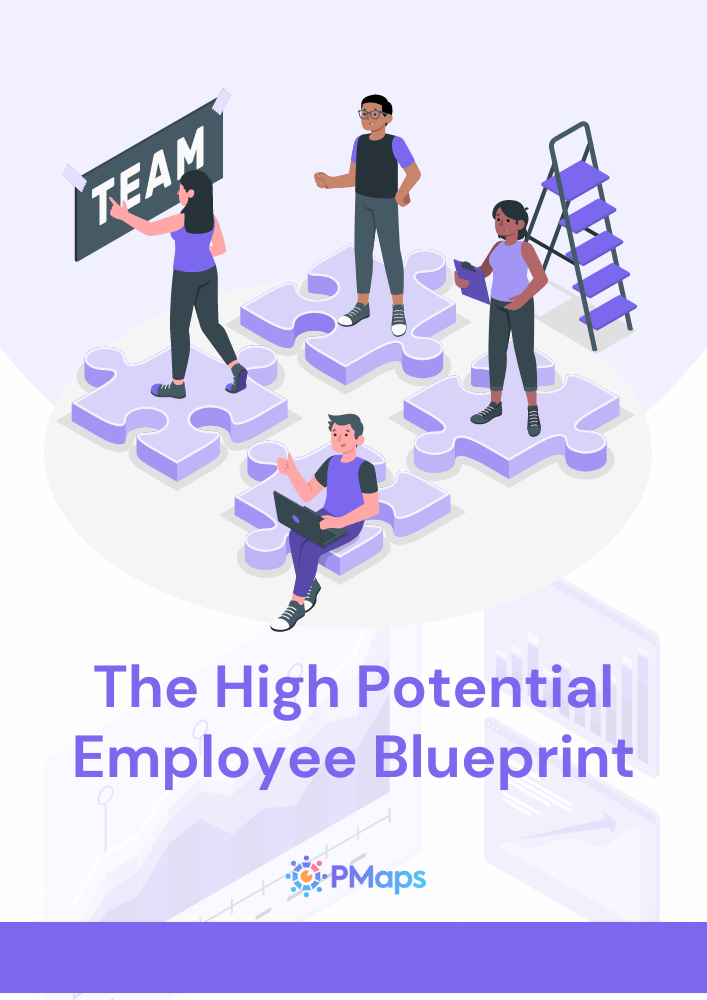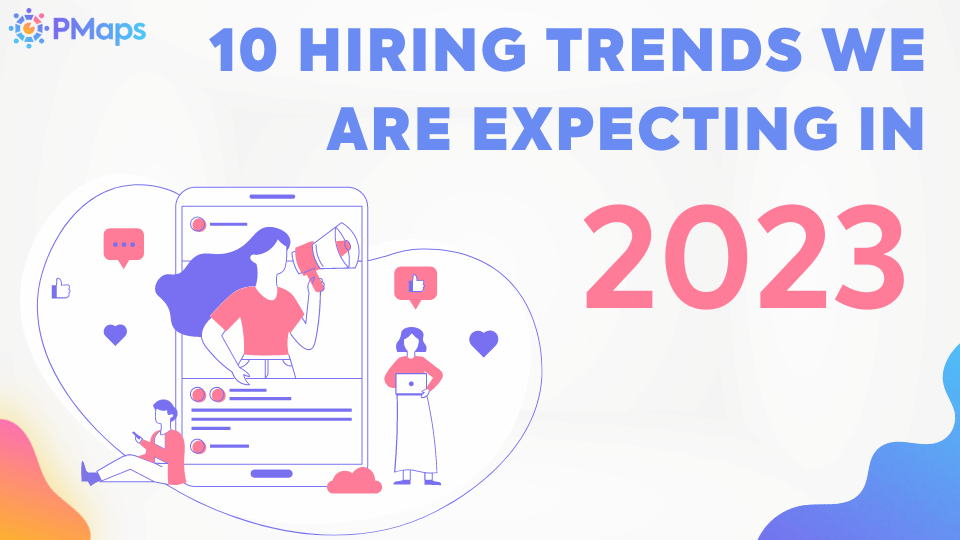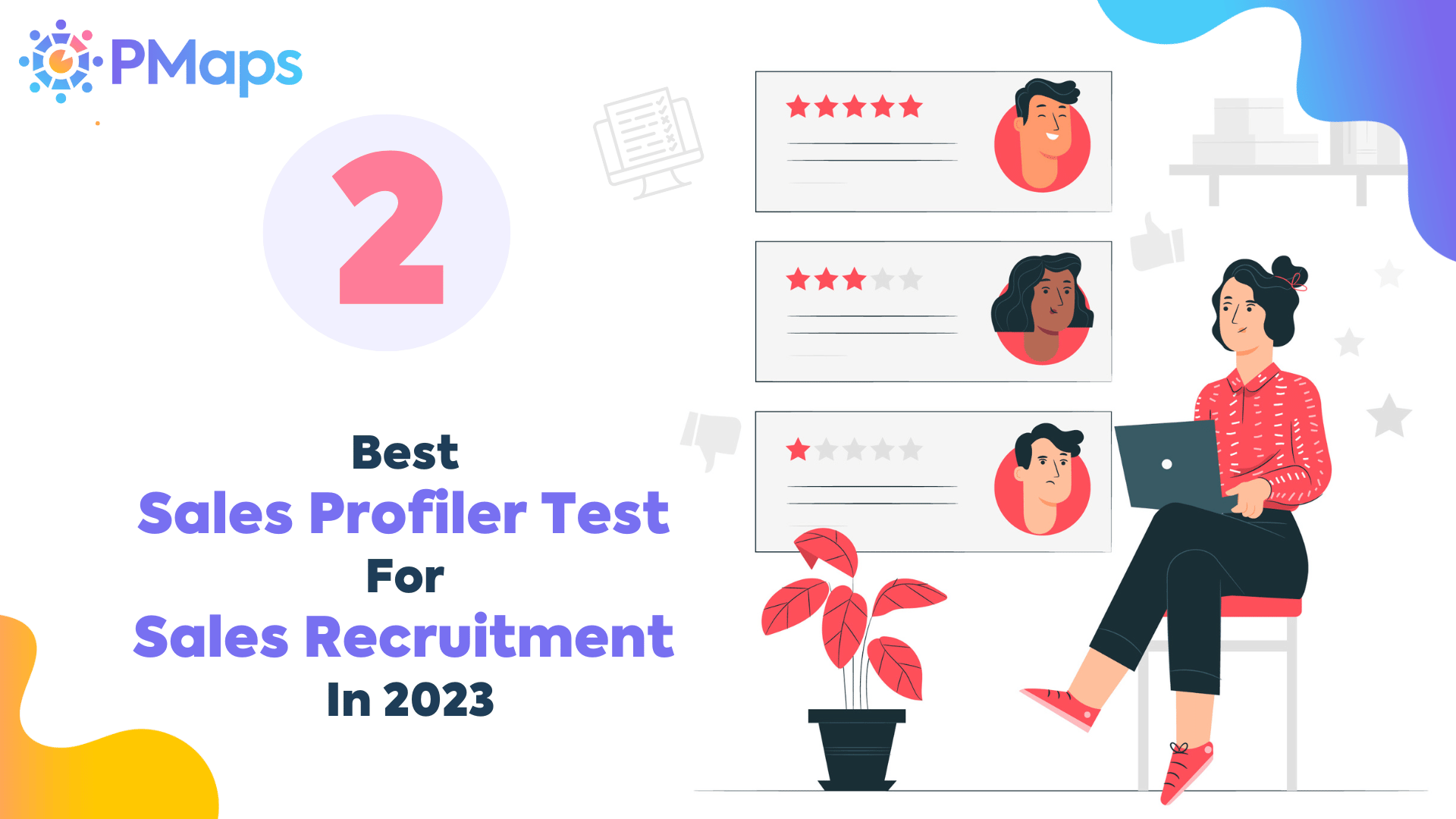
Conscious hiring biases are often considered justifiable. Yes, it is true that recruiters are mostly loaded with a lot of responsibility starting from hiring, to onboarding of the employees. Who could possibly imagine that the little biases they let to slip would affect the outcome of their entire recruitment process?
This article will unleash some untold truths of hiring biases that occur in a job interview. There can be many internal and external factors to why the hiring managers make a wrong hiring decision. And finally the most awaited takeaway, solutions for the usual recruitment challenges with pre-employment assessments
What Are Conscious Biases?
Conscious bias refers to the prejudice or favoring feeling for one group against another with proper cognitive knowledge. In layman words, it is an irrational judgment of candidates solely on the basis of recruiters preference. It can occur due to various internal and external factors.
Internal situations like burnt out, a bad day, a bad experience, unconscious biases and personal preferences can cause the hiring managers to get irritated easily. Similarly, the external factors such as weather, temperature, time constraints, stress from superiors, unavailability of hiring technologies, lengthy and boring traditional hiring process can lead to bad hiring.
It is the bias that causes the recruiters to overlook the problems with the candidates they personally favor. While at the same time they are treating a similar candidate differently when there is no personal point of preference. Let's dig in deeper into the categories.
Types Of Conscious Biases In Hiring
There can be a number of conscious bias occurring once in a while throughout the recruitment process. Biases start to affect from the beginning of the hiring process, at the CVs. These biases can vary in type depending on subject and nature of discrimination. One of the most researched forms of bias in the workplace today concerns females, it is called gender bias.
As per a study, applicants with male names have a 40% higher chance to be called in for an interview than their female counterparts.
Also, some HBR studies claim, job positions that require employees to be “sporty” And “determined” often attract more men applicants than females. It is not just a mentality on the side of the recruiter, but also on the side of the candidates.
Similarity Attraction Bias/Affinity Bias
Similarity bias as the term explains is rooted into the perception of commonality between the candidate and hiring manager. It is an internal bias that might get triggered when recruiters encounter an applicant from a shared alma mater, caste or race, same area of residence, and even expectation of gender roles. This bias urges the recruiters to overlook the skill and potential of the candidate upon the personal correlation.
“Once you have a little piece of information about someone being similar to you or different, you seem to take it and run with it. You may think they are similar to you across the board, even though you may not have much reason to think this.” (Adrianna Jenkins, Harvard University)
Confusing Job Role
This is an external factor that affects the hiring decisions in a job interview. A messy recruitment process can confuse the hiring team. It often happens when a company hires a hiring team to recruit new employees. Little or less knowledge about the work and responsibility involved in the job role can lead to disastrous hiring decisions. It's simple, how can you expect a recruiter to assess your applicants without a clear knowledge of job-specific skill requirements?
Fluctuating Requirements
Many times the external factors that influence the hiring decision are left unaided. Failure to make minds up for the job specific skills required in an ideal candidate leads to a generalized sorting of applicants. Statistics from ICMS in 2021 claims, 52% of recruiters say they are most interested in candidates with a degree in STEM. That is, the preference of technical or scientific qualification will hold superiority over others.
Wishful Thinking
According to the definition of Britannica dictionary, wishful thinking refers to the fruitless hope or belief of an illusionary situation to be true. Many times, the hiring managers step into the interview hall with the belief that the first candidate they encounter would be a good experience.
Later towards the middle, they hope the candidates were easy to deal with. Towards the end, they just hope to fill up the remaining vacancy. This remote thought of ‘getting over' with the list again makes them vulnerable to wishful thinking.
“Another suggested that employers hire people that they like the most on a personal level.” (Francesca Gino, professor at Harvard Business School)
Overconfidence Bias
The recruiters are often very confident about screening the right candidates in an in-person job interview. They follow their gut feeling while interrogating or shortlisting the candidates. However, unfortunately, not all speculations made in regard to gut feeling for an applicant proves to be right. Many bad hires have particularly experienced a lack of soft skill in contrast to the evaluation of the recruiters.
“Most of us believe that we are ethical and unbiased. We imagine we're good decision makers, able to objectively size up a job candidate or a venture deal and reach a fair and rational conclusion that's in our, and our organization's, best interests.” Writes Harvard University researcher Mahzarin Banaji in the Harvard Business Review
Impatience
The recruiters typically suffer from time constraints and funding limitations. Hiring team too has a target to achieve in an allotted deadline. These external factors can pressurize the hiring managers to pace their hiring decision and cut short on their selection process. This shows in the form of irritability, frustration and impatient hiring decisions during the job interview.
Ways To Prevent Conscious Bias In Recruitment
Before we start discussing the solutions, there's something you must know and acknowledge. Jobvite Recruiter statistics states, around 77% of recruiters go back and hire candidates who at first didn't appear to be fit. Did you face any similar experience recently? Luckily, this occurs due to some countable reasons, unlike unconscious bias. Below are a few ways you can rectify your hiring process.
- Can opt for blind hiring or CV-less hiring
- Screening candidates with appropriate pre-employment assessments
- Evaluating behavior, soft skills and aptitude through psychometric assessments
- Cross-examining the candidates on behavioral questions in job interview
- Use of advanced applicant tracking hiring system
- Improving sourcing of the candidates
- Reaching out to remote applicants through marketing of job vacancy
- Switching to fast-paced hiring tools
- Utilizing advanced digital invigilation on online pre-employment assessments
Sum Up
PMaps solution makes it easier for the 21st century recruiters to remotely access and assess their ideal candidates. The pre-employment assessments structured here are backed by leading Asian psychologists to eliminate any conscious and unconscious biases of candidate evaluation. Join our customer in error-proofing your hiring process today!
To understand more about our products and services, please reach us at our website, call us on +91 770-919-6077 or email us at support@pmaps.in for prompt association.







